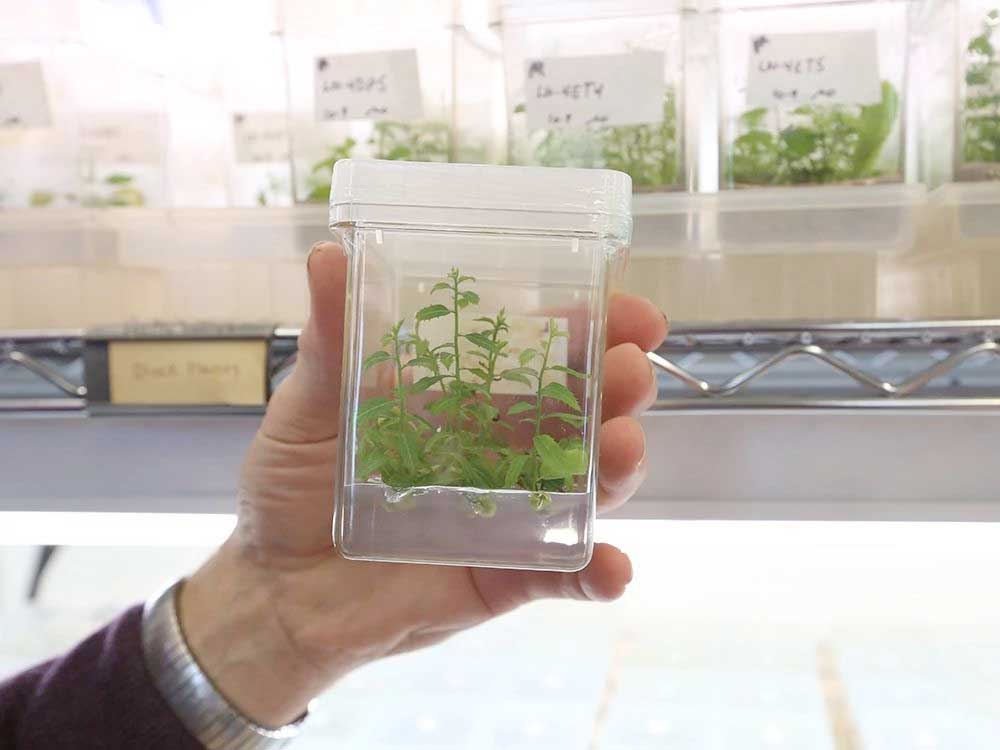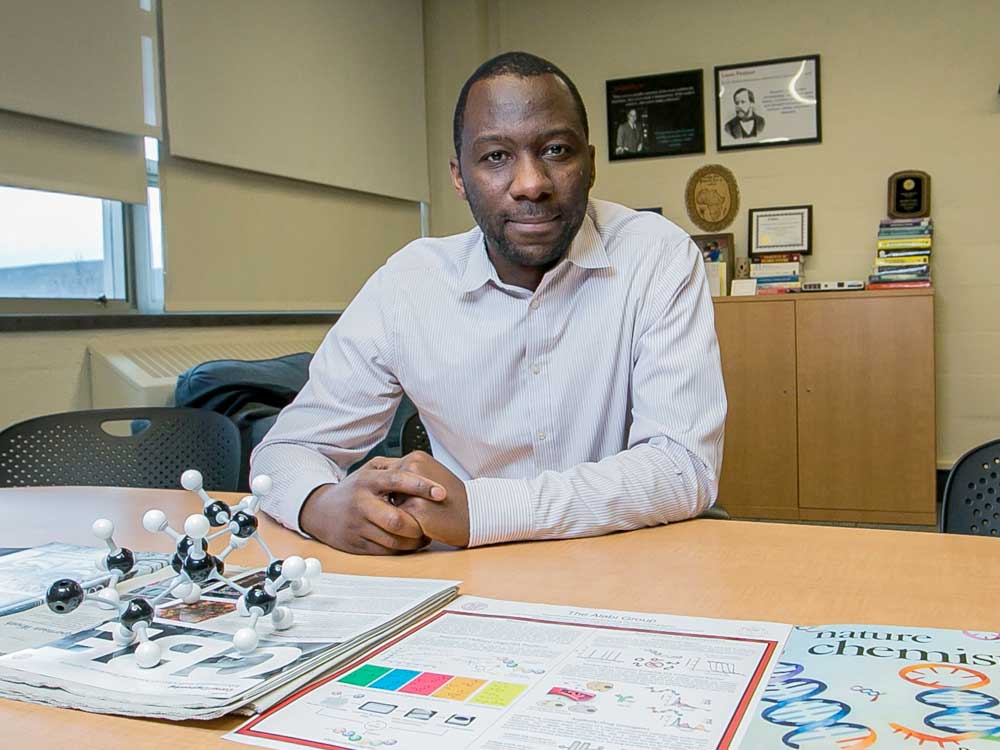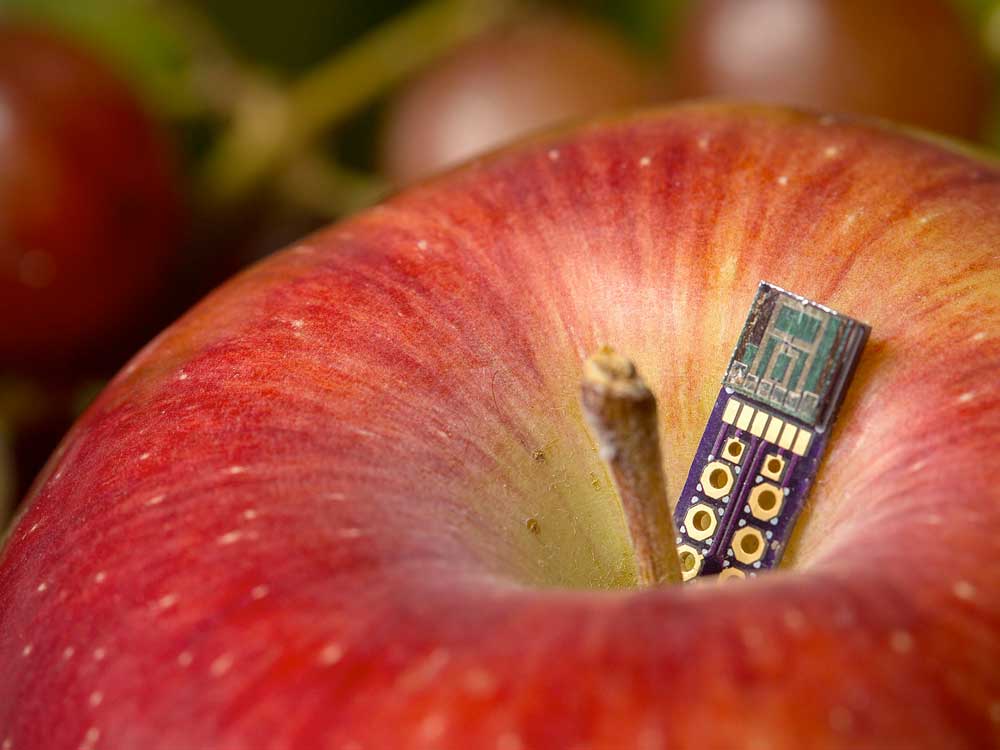Advancing plant science requires bioengineering tools that are precise, scalable, and accessible. Current bottlenecks in plant bioengineering limit the ability to modify plants efficiently and at scale, slowing progress in both research and crop improvement. By inventing and refining state-of-the-art technologies, we aim to overcome these challenges and unlock new possibilities for plant programming.
The Bioengineering team focuses on developing innovative strategies and synthetic biology (SynBio) tools to enable advanced plant bioengineering in the crops important to CROPPS. These technologies are designed not only to support CROPPS’ mission but also to benefit the broader plant science and agricultural communities.







